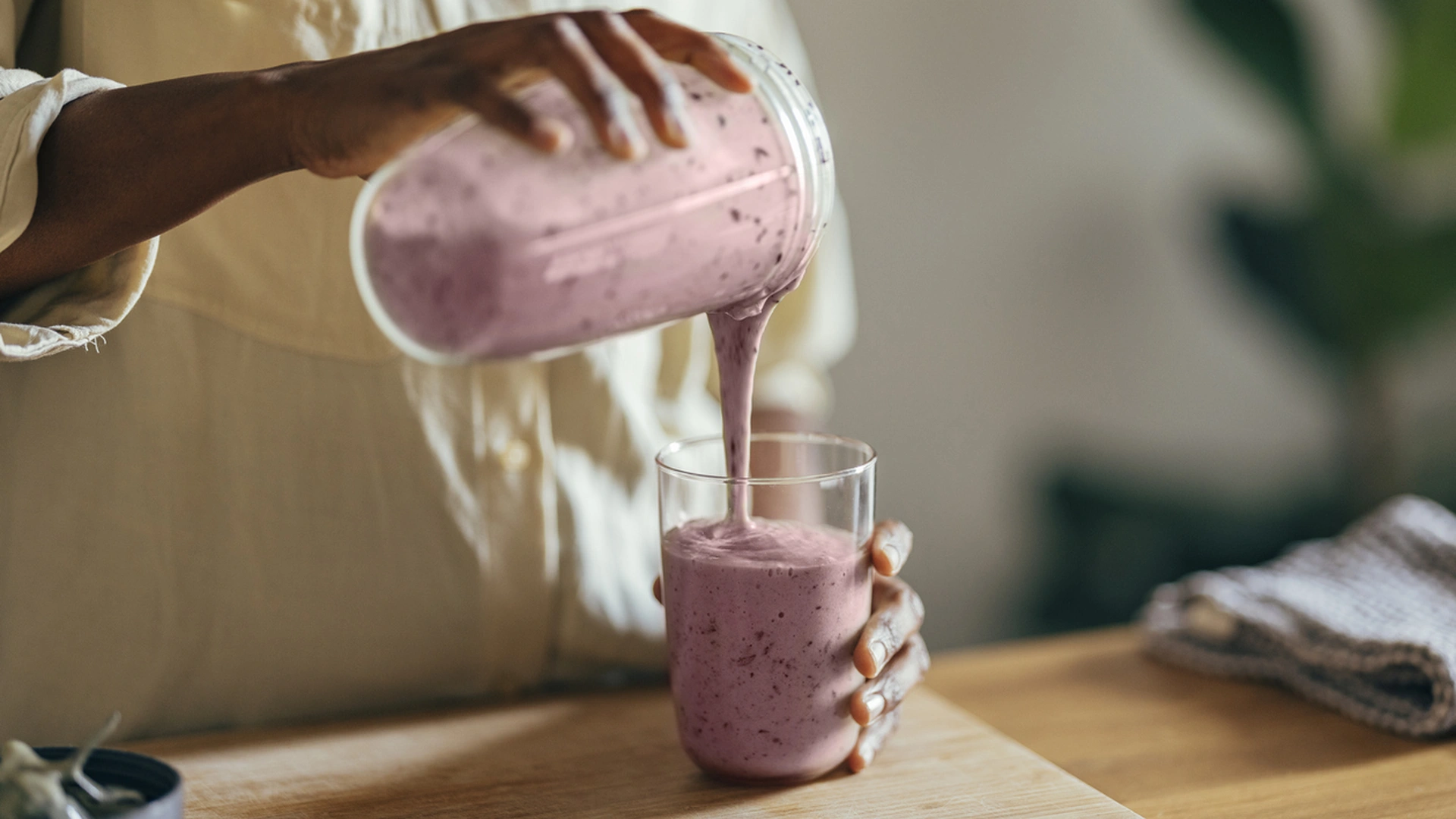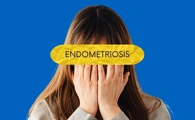Having a healthy and balanced diet is fundamental not only for maintaining optimal overall health, but also influences the reproductive system. For the entire mechanism of the human body to work well, it is necessary to have adequate levels of nutrients such as vitamins, minerals, and fatty acids.
Although there is no “magical” diet that guarantees success, there are general recommendations to optimize health and improve the chances of success in assisted reproduction treatments. This does not mean there is a single “miracle” food with absolute power over fertility, but rather the goal is to cover all the nutritional needs.
Nutrients That Influence Fertility
Keep in mind that once adequate levels of a certain nutrient are reached, excessive intake will not further improve fertility—and overdosing on certain vitamins (above recommended levels) may even be harmful to your body or to the embryo.
Essential Vitamins During IVF
Vitamin A (retinol) and Beta-Carotene
Beta‑carotene is a precursor of vitamin A: it converts into retinol only when vitamin A reserves are low. If reserves are sufficient, conversion does not occur. Excessive vitamin A can be toxic—especially during pregnancy—while beta‑carotene is considered safer.
Vitamin A helps regulate reproduction by contributing to a normal menstrual cycle, maintaining mucous membranes (including the uterine lining, which is essential for embryo implantation), and supporting proper cellular and tissue development in the fetus. In men, vitamin A also has antioxidant effects that protect reproductive cells, support progesterone production, and contribute to sperm production.
In men, vitamin A also has an antioxidant effect that protects the cells of the reproductive system from aging, helps in the production of progesterone, a hormone involved in male reproduction, and contributes to sperm production.
Foods with Vitamin A and Beta-carotene
Vitamin A and beta-carotene are found in animal fats such as meat, liver, pâtés, whole milk, cream, and butter, but it is more advisable to consume these vitamins through orange or reddish-colored vegetables and fruits such as:
- Oranges
- Carrots
- Peppers
- Strawberries
- Tomato
- Pumpkin
- Blackberries
- Blueberries
- Apricots
- Peaches
- Melon
- Fatty fish
- Egg yolk
- Spinach
- Swiss chard
- Broccoli
Vitamin E
The relationship between this vitamin and reproduction has been demonstrated in several animal species, so much so that it is known as the fertility vitamin.
Vitamin E influences the hormonal system that regulates menstrual cycles, activates circulation, and accelerates healing. Its antioxidant effect helps protect tissues from free radicals and environmental toxins that impact both the female and male reproductive systems. A deficiency can increase the risk of miscarriage, and in men, it decreases sperm motility. During pregnancy, it influences the baby's neurological development and helps prevent infections, but taking supplements is not recommended, as excess vitamin E can be harmful to the fetus.
Foods with vitamin E
Sources include:
- Vegetable oils (olive oil, sunflower oil)
- Nuts
- Hazelnuts
- Peanuts
- Pine nuts
- Almonds
- Wheat germ
- Coconut
- Soy
- Green olives
- Rice
- Spinach
- Spices: basil, oregano, paprika, chili
Vitamin C
Vitamin C has strong antioxidant power. Oxidation is a natural process that affects both female and male fertility. In men, oxidation can damage sperm, especially under exposure to pesticides, toxic chemicals, or heavy metals (like lead or mercury).
Foods with vitamin C
Vitamin C is found in fruits and vegetables—especially raw, since cooking can destroy some of it.
Folic Acid (Vitamin B9)
Folic acid is also an antioxidant. It is recommended during the 3 months before pregnancy to reduce the risk of neural tube defects (especially in the spinal cord) in the future child. During pregnancy, it also helps reduce miscarriage risk.
Folic acid also influences male fertility—affecting sperm count and motility. Its deficiency has been linked to DNA alterations in sperm, which can lead to congenital malformations in offspring.
Foods with folic acid
Though supplementation is typically advised by gynecologists (since it is hard to reach needed levels by diet alone), beneficial foods include:
- Leafy green vegetables
- Avocado
- Oranges
- Brewer’s yeast
- Legumes
- Nuts
- Nuts
Vitamin D
Adequate vitamin D helps regulate menstrual cycles by boosting estrogen and progesterone, improving the quality of ovarian tissue, oocytes, and endometrium. It also helps reduce risks like preeclampsia and gestational diabetes. All these benefits contribute to higher chances of conception and carrying a pregnancy to term. Too much vitamin D, however, may impair organ function and be harmful during pregnancy.
In men, vitamin D supports sperm nucleus development, improves semen quantity and quality, and regulates testosterone.
Foods with vitamin D
You can find vitamin D (naturally or fortified) in:
- Fatty fish and seafood
- Dairy products
- Margarines
- Breakfast cereals
- Soy products
- Liver
- Cheese
- Mushrooms
- Egg yolk
- Nuts
- Legumes
Also, modest sun exposure (daily) helps boost vitamin D levels.
Fatty Acids
DHA (Docosahexaenoic Acid)
DHA is an omega‑3 fatty acid. It plays a central role in male fertility, being present in Sertoli cells (which support sperm development). Its anti‑inflammatory and antioxidant properties benefit the seminiferous tubules and epididymis. It also supports proper sperm motility and reduces risk of membrane and DNA damage in sperm.
Foods with Omega‑3 DHA
Sources include:
- Fatty fish
- Vegetable oils (soy, flaxseed oil)
- Fish oil
- Walnuts
- Algae
However, excessive DHA intake can increase the risk of bleeding.
Minerals
Selenium
Beyond its antioxidant function, selenium affects oocyte maturation and regulates the thyroid gland, which is involved in female fertility. In pregnant women, selenium deficiency is associated with increased miscarriage risk and preeclampsia. In men, selenium’s antioxidant effect contributes to sperm quality and motility.
Foods with selenium
Include: fish and seafood, red meat, poultry, nuts, eggs, cereals, lentils, peas. The selenium content in fruits and vegetables depends on the soil in which they were grown.
Zinc
Zinc supports the delay of cellular and follicular aging. Its deficiency can cause fetal malformations, stunted growth, preterm birth, or miscarriage. In men, zinc plays roles in reproductive organ development, testicular function, sperm quantity and motility, and testosterone conversion.
Foods with zinc
Found in foods such as:
- Lean meats, lamb, liver, poultry
- Fish
- Shellfish (especially oysters)
- Egg yolk
- Brewer’s yeast
- Algae, legumes
- Mushrooms
- Pecans
- Soy lecithin
- Soybeans
- Whole grains
- Bread
- Legumes
Iron
The relationship between iron and ovulatory infertility is not well established, though some studies suggest a connection. But it is known that iron needs increase during pregnancy, so starting with good reserves is beneficial.
Foods with iron
Include:
- Spices
- Fish
- Clams
- Cockles
- Meats
- Nuts
- Legumes
- Egg
- Vegetables: spinach, asparagus, beans
There is also a plant‑derived compound called resveratrol which, apart from its antioxidant potential, may have clear benefits for fertility. It acts by regulating hormones involved in reproduction. For example, it improves insulin resistance (which influences body weight and excessive androgen production—factors that affect ovarian failure and polycystic ovary syndrome, PCOS). Maintaining insulin resistance in normal ranges helps preserve ovarian reserve and reduce reproductive problems associated with excess weight.
Insulin resistance can also cause miscarriage. Resveratrol also amplifies the effect of gonadotropins (hormones used in IVF for ovarian stimulation). Resveratrol is found in grape skin, blackberries, blueberries, red wine, nuts, peanuts, cocoa powder, and oysters.
With a diet rich in these nutrients, improvements can start to be noticed within 15 days, and become more consolidated after 2 to 3 months. We are what we eat, and this has a direct impact on our health and the overall functioning of our body.
Do you have any questions or need more information?
At Fertility Madrid, we specialise in treatments such as egg donation, in vitro fertilisation and artificial insemination, among others.
Please do not hesitate to contact our professionals at our fertility clinic and they will answer all your questions without obligation.
Book a free consultation
Carmen Anarte
Clinic Manager







